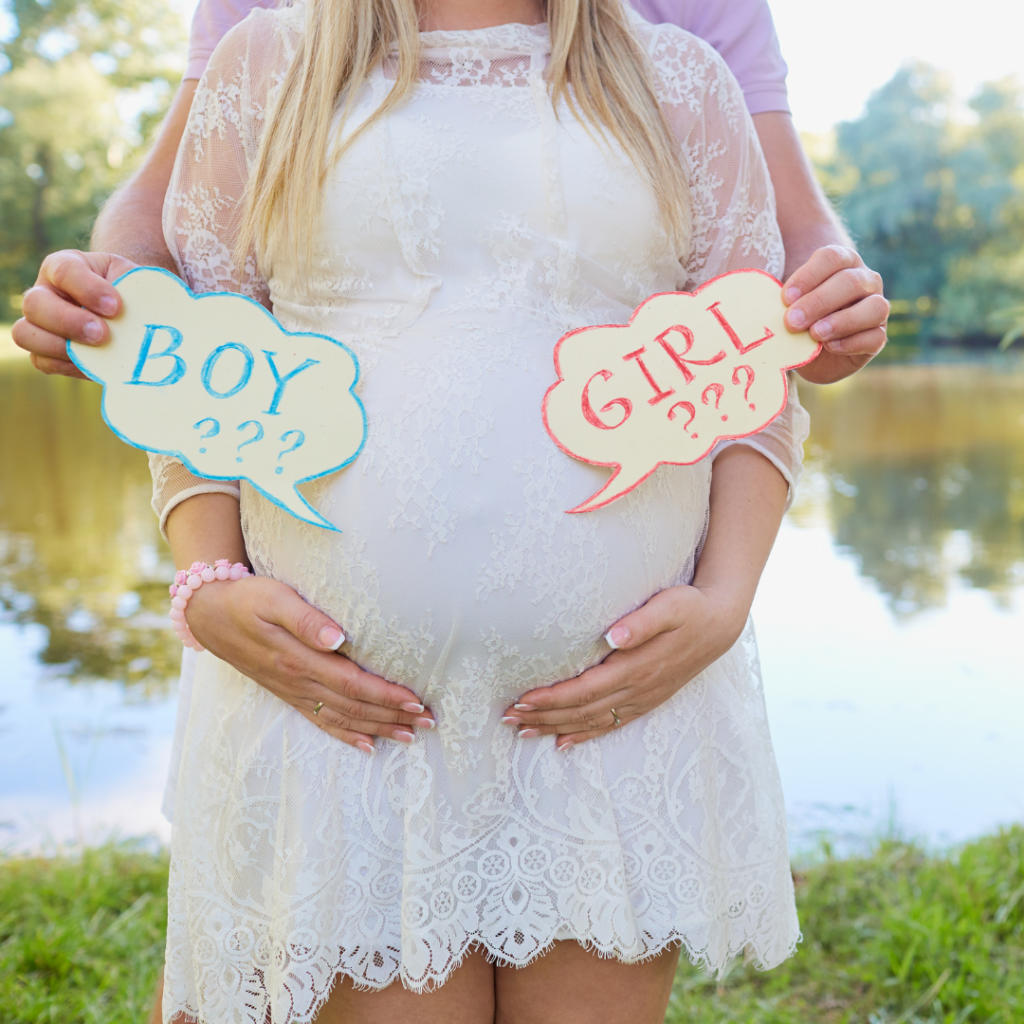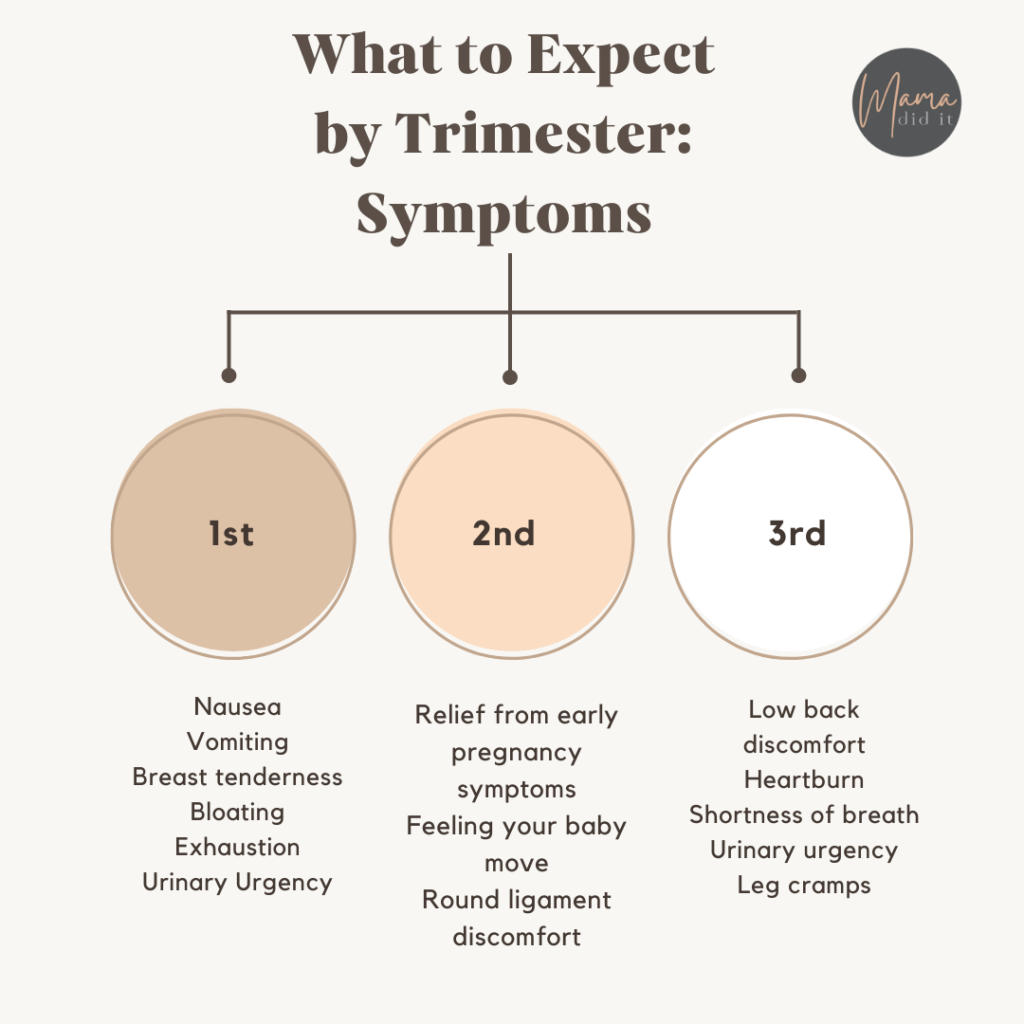Forty pregnancy weeks is 9 months of pregnancy…or wait is it 10 months? The way your health care provider breaks down the pregnancy timeline can cause a bit of confusion when figuring out just how far along you actually are. So, just how many weeks is 6 months pregnant?
That question’s answer is a bit complex, and there is good reason for it. We come to a much closer to accurate answer when we look at weeks of pregnancy instead of months. What trimester does 6 months of pregnancy place you in? What can you expect from your doctor when you visit? And what is your baby doing during this time? And how many weeks is 6 months pregnant? Let’s answer these questions below.
How Many Weeks is 6 Months Pregnant?
Normal pregnancy that is a full-term pregnancy lasts around 40 weeks. It is common for a first time pregnant woman to see her due date come and go and still be pregnant. This can be disheartening to hear, but know that it is normal. Our bodies haven’t done this before, so they are learning what to do and can be a bit slower at preparing. A lot is happening with your baby’s development in the last couple of weeks of pregnancy as well, so hang in there. It’s worth it!
The stage of pregnancy you are in is divided into three trimesters. These trimesters are approximately 12 weeks each. Why is it confusing to go from weeks due to months? The confusion comes in because a month varies in the number of days it has. (Thirty days has September, April, June, and November…etc.) And then there’s the fact that when we divide forty by three, it just doesn’t go evenly. All of this causes some varying opinions on what six months technically is. Let’s break it down.

What trimester is 6 months of pregnancy?
Your sixth month of pregnancy is at the end of the second trimester. The second trimester is an exciting time for pregnant women. They usually experience relief of the common symptoms of early pregnancy, like nausea, vomiting, and exhaustion. This is a time when many expectant moms are able to research baby things, pick colors for the nursery, and register for their showers. Their growing bellies begin to tell the tale of an upcoming delivery and they begin searching for pregnancy clothes that feel a bit more comfy.
Common Things to Expect in Each Trimester:
First Trimester: Early pregnancy symptoms, like morning sickness, exhaustion, and breast tenderness frequent the first month of pregnancy. Other symptoms include bloating and urinary urgency. Some women even experience diarrhea. Fun things like seeing a positive pregnancy test, getting your due date calculation, finding out your gestational age, and hearing your baby’s heartbeat are reasons to be excited about the first trimester. (Due dates are typically calculated using the first day of your last menstrual period. If you have an irregular menstrual cycle, the first day of your lmp may not reflect an accurate number of weeks. No worry, a future ultrasound can get a more accurate due date.)
Second Trimester: Your pregnancy progress comes with a relief of early first trimester symptoms, though some women experience nausea and vomiting well into the second trimester. You may experience round ligament discomfort as your uterus continues to grow. Usually, the second trimester is a fun one, filled with your baby’s ultrasound, frequent heartbeat checks, and being able to finally feel that little one growing in your belly as they flutter and kick. This is a good time to enjoy pregnancy and prepare to meet your baby.
Third Trimester: Pregnancy symptoms may return in the form of leg cramps, extra weight gain, heartburn, shortness of breath, warm-up contractions, lower back discomfort, and urinary urgency. Your baby continues to grow and develop adding the fat they need to stay warm once born. Your baby’s digestion continues to develop all the way until delivery. The best way to deal with these changes is to remember they are temporary, and your baby needs this time to get ready to be in your arms.
What to expect at 6 months with your doctor
At six months of pregnancy, you can expect to see your doctor every 4 weeks. They will check for signs of preeclampsia (a pregnancy condition marked by high blood pressure), see how you are doing overall, and check your baby’s heart rate. They will also measure your uterus to see how you are growing. This is a great time to ask any questions you may have about you and your unborn baby. You can also expect for your healthcare provider to check you for gestational diabetes soon.
So, How Many Weeks is 6 Months Pregnant?
Most experts agree that six months is between 23-27 weeks of your pregnancy. This is well into your second trimester, and almost to your third.

Your Baby’s Development at 6 Months
By now your baby’s eyes can open and close. Their heart rate will respond to things they hear by changing to different rates. For the rest of your pregnancy, their little lungs will continue to develop, along with their nervous system. They have unique fingerprints and toe prints and also weigh around one pound! They are already covered in soft downy hair called lanugo. Some babies born at this time will make it just fine outside the belly, though they can expect a long stay in the neonatal nursery.
It’s a good idea to focus on increasing healthy food in your diet during this time. Usually, by now, the mama is past the nausea phase and can eat a better variety of food than in those early calendar months.
Have you been concerned that you will miss something you should be doing before your baby comes? As a postpartum nurse and mom of three, I have a unique perspective on it. Here are my 10 tips for the last ten weeks of pregnancy. #4 saved me quite a few times!
